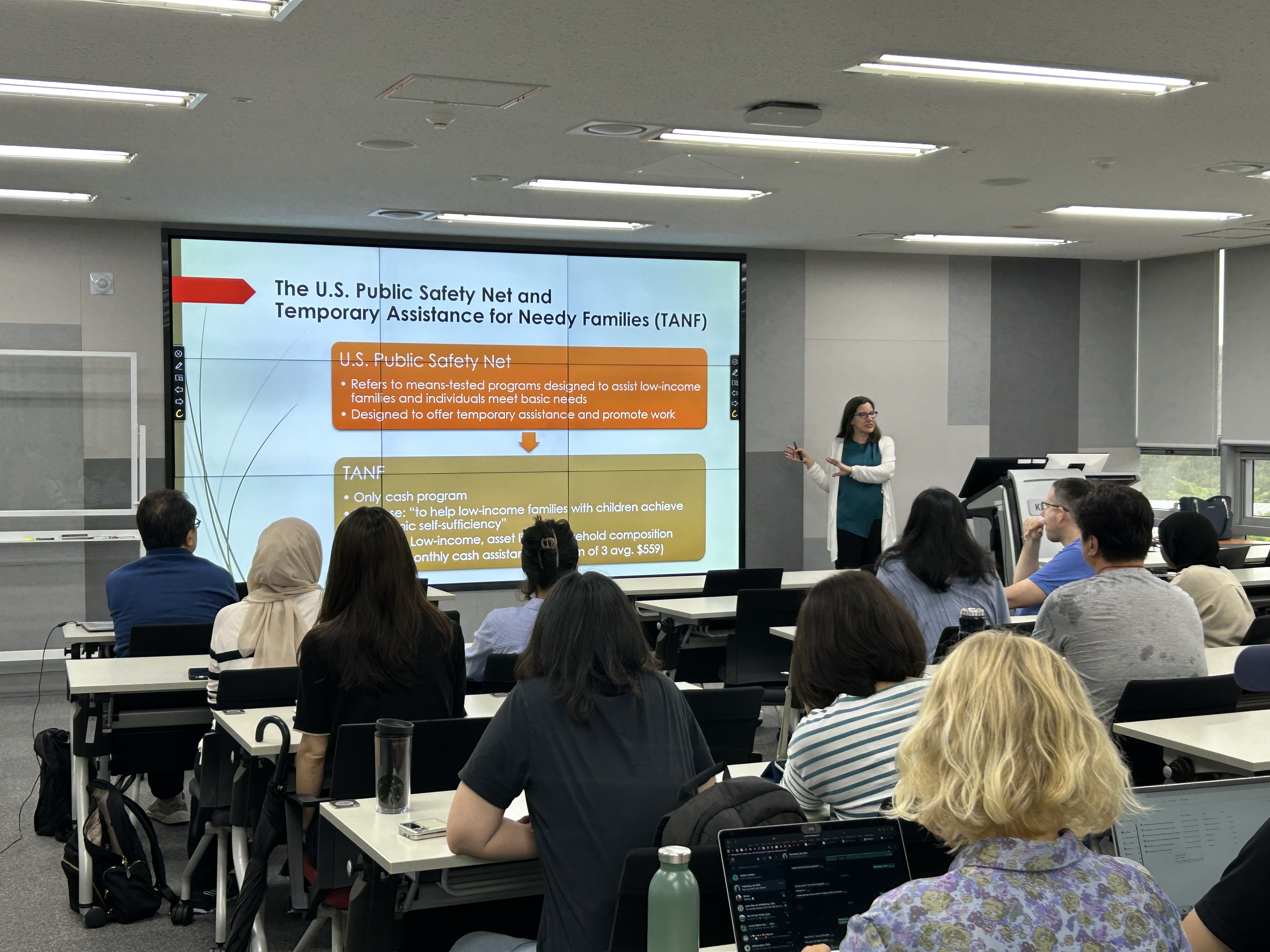(originally posted by Rutgers Today/Rutgers Media Relations)
Meeting the public’s demand for open government data presents opportunities for elected and appointed officials, as well as many challenges, including associated costs and privacy issues, a Rutgers report finds.
Forty representatives from academia, civic groups, media, municipal, county and state government and open government advocates participated in an Open Government Data Thought Forum to learn about issues related to making various data collected and held by government agencies available to the public in unrestricted, reusable and redistributable form. They also considered solutions to challenges that unfettered public access to data – everything from cultural works and artifacts held by galleries, libraries and archives to census statistics and key socioeconomic indicators – would present.
One of the most important challenges will be to reform the Open Public Records Act to address the “dramatic” technological changes that have occurred since it was drafted more than 15 years ago, said the report’s author, Marc Pfeiffer of Rutgers’ Bloustein Local Government Research Center. He added that rules on retaining public records need similar attention. “There is also the overarching, technology-driven issue of ensuring the protection of personal privacy,” he said. “We do not yet have adequate ways to safeguard this data.”
Besides Pfeiffer, Chris Daggett, president and CEO of the sponsoring Geraldine R. Dodge Foundation; Waldo Jaquith from the U.S. Open Data Initiative; Mark Headd, formerly Philadelphia’s chief data officer; and Jeff Jarvis, a frequent commentator on media issues and director of the Tow-Knight Center for Entrepreneurialism at CUNY, addressed the group.
Washington, D.C.-based Public Technology Institute, an organization created by and for cities and counties to support local government through research, education and consulting services, organized the event.
“Opening data enhances government transparency, adds social and business value to data, promotes economic growth and encourages individuals with a wide range of skillsets to solve problems,” said Pfeiffer, a 40-year veteran of New Jersey local government administration. He noted that making this data available relies heavily on new and developing technologies that the public, researchers, businesses and media already have started using but government “has been slow to adopt.”
The report identified six broad challenges that face open government data in New Jersey:
- The structure and culture of New Jersey government and public agencies regarding their attitude toward open data
- The levels of time, attention and money available and necessary to open data
- Uncertainty about open government data’s definition and government’s obligation to provide it
- Management and quality control of the presentation, curation and public use of data
- The inadequacy of the 2001 Open Public Records Act (OPRA) to address open data, which is a relatively new concept enabled by recent technological advancement and changes in societal expectations
- The technological capacity of government agencies to manage open government data
Pfeiffer believes the challenges to opening government data will be met over time with increased public interest and improved, cost-effective technology providing the impetus. He said the participants agreed that agencies should “re-engineer their practices” to utilize current technologies that support open data principles and that the state should maintain a centralized resource for providing the data it collects.
The full report is available here.



